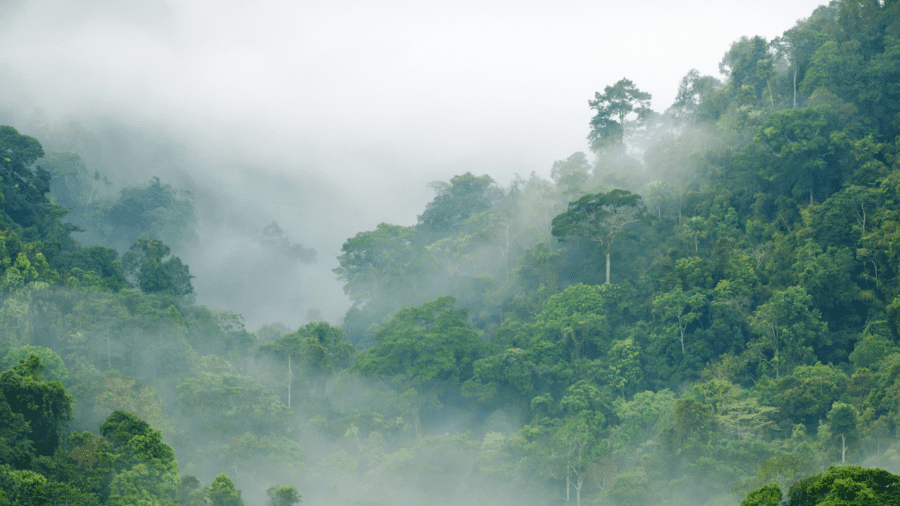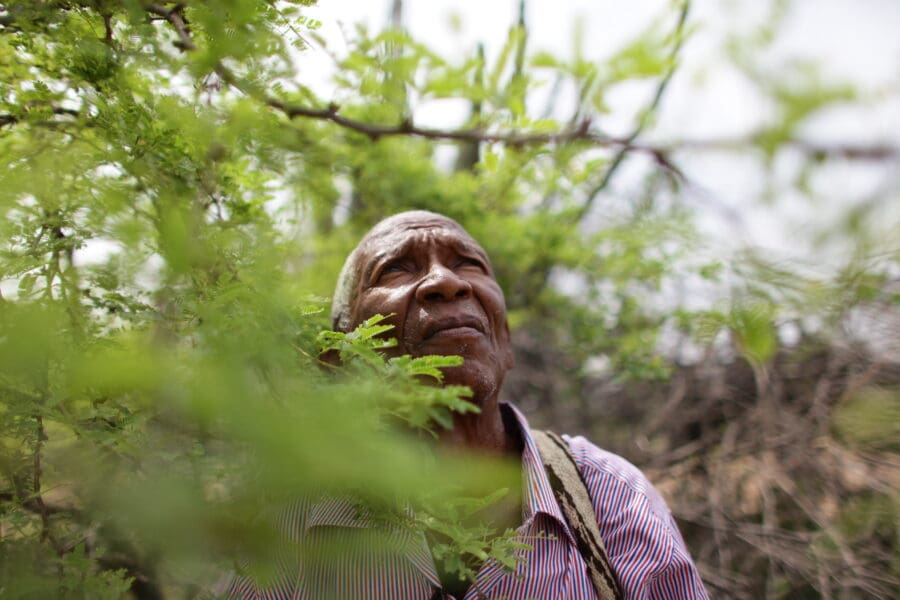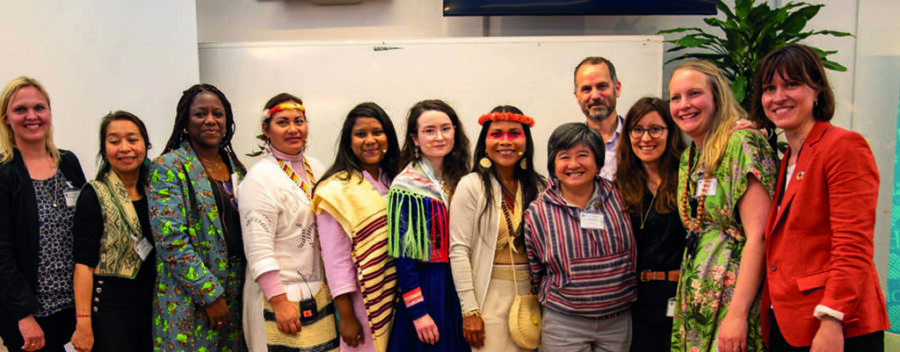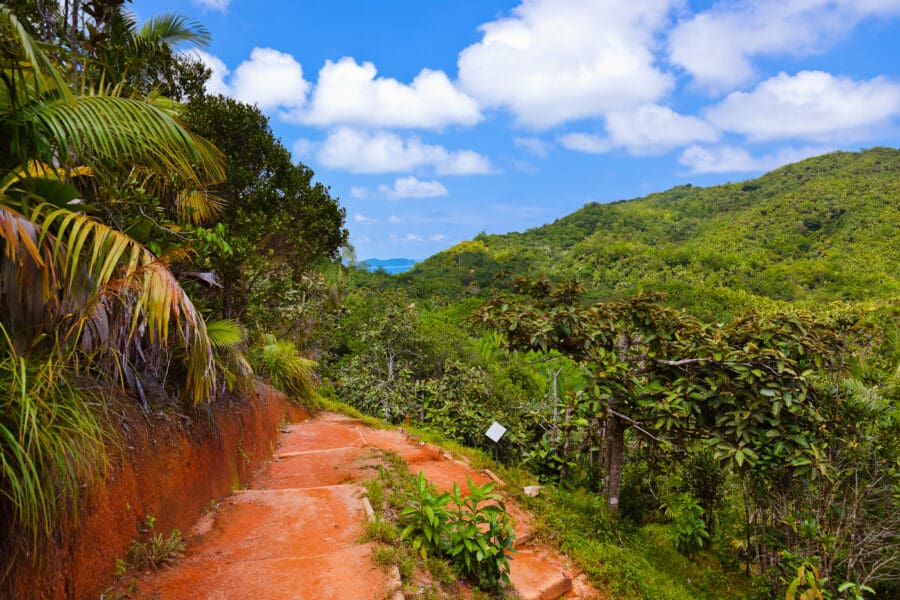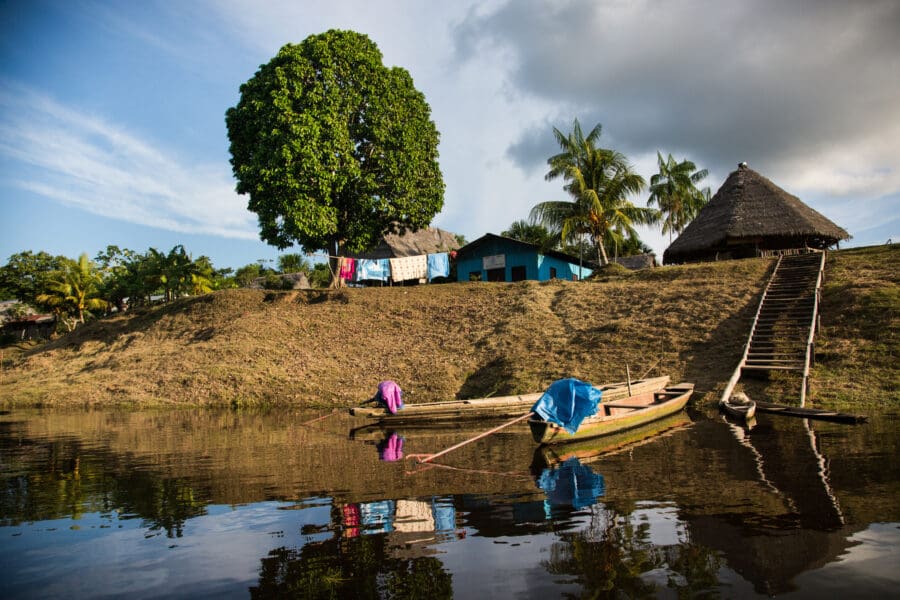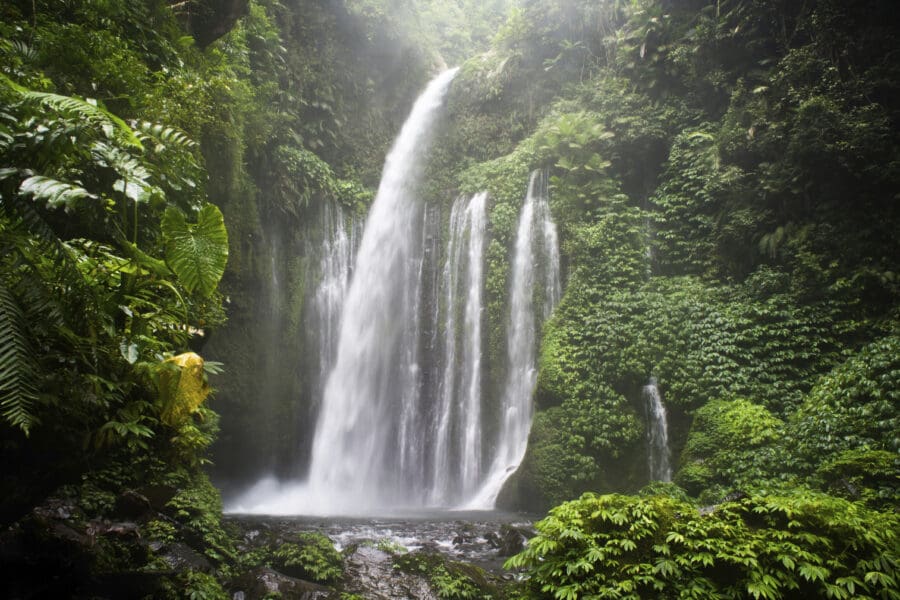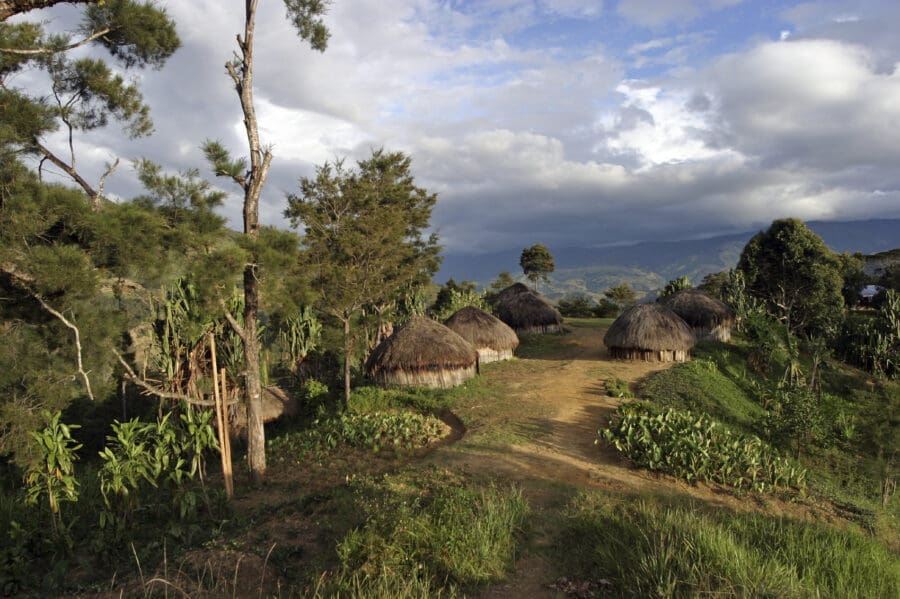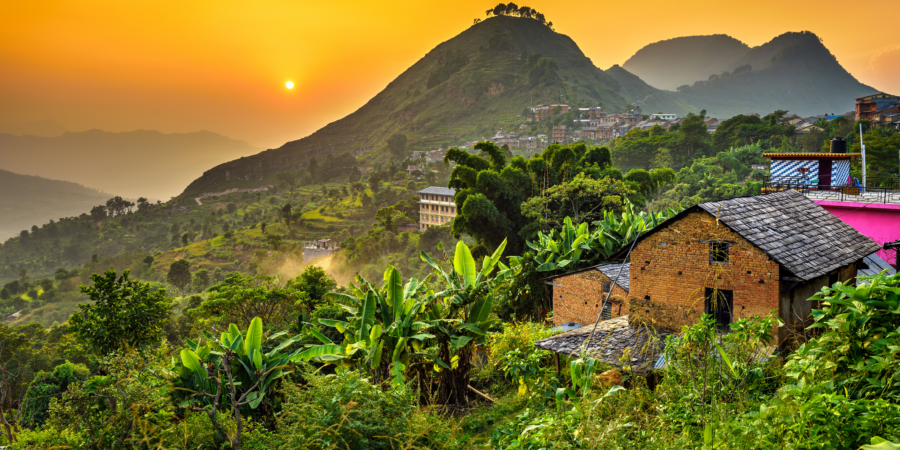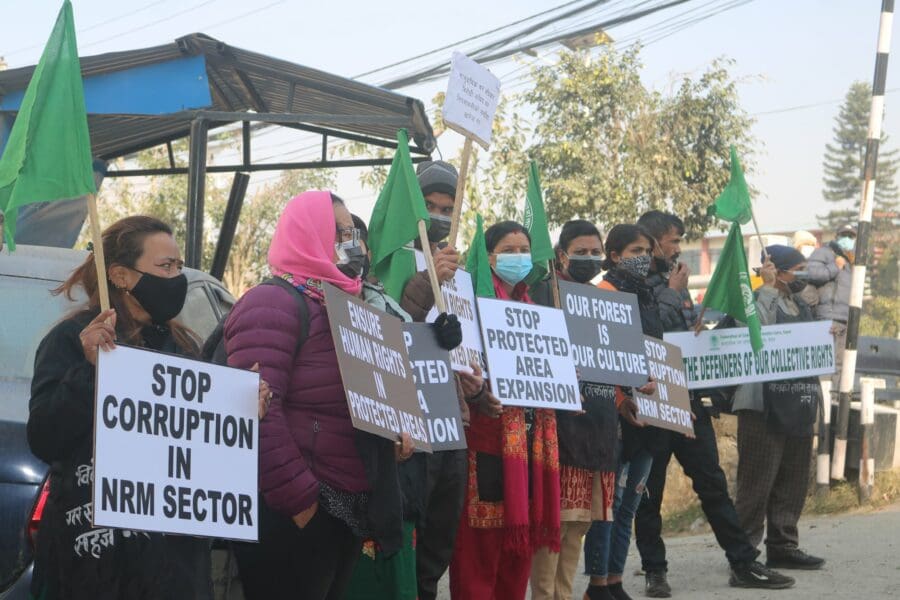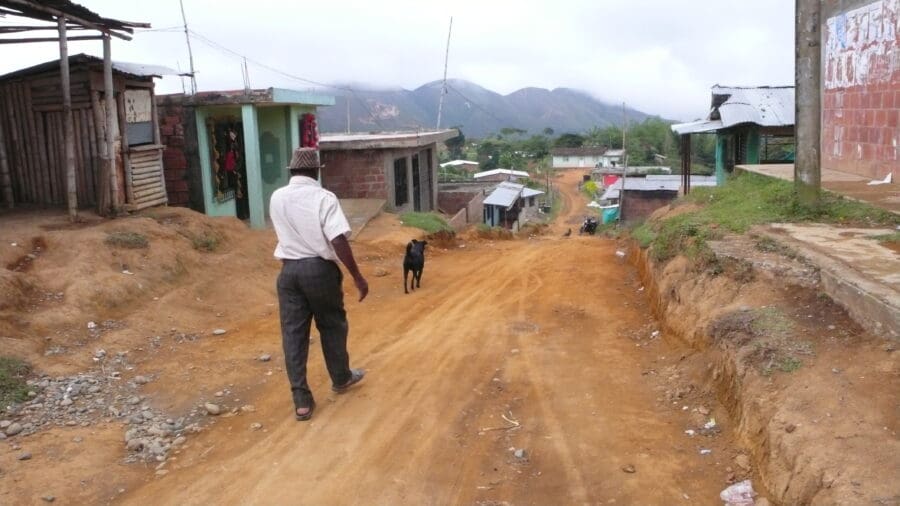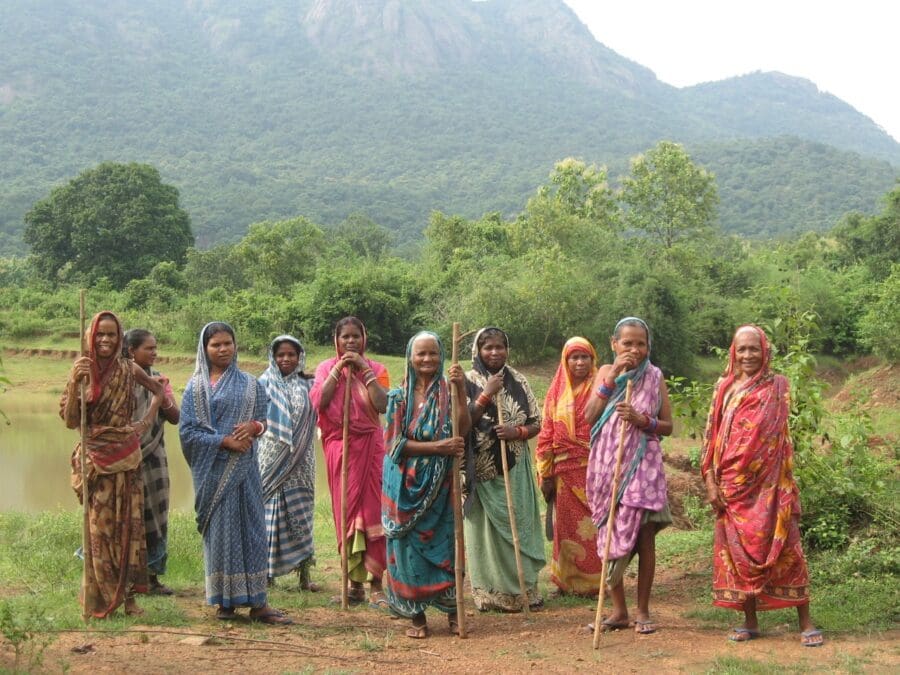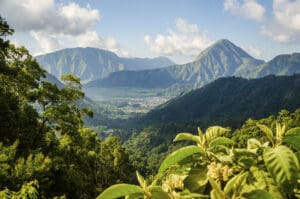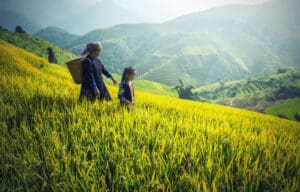RRI is excited to announce the launch of its new online Tenure Tool. This platform, hosted on RRI’s website, will give rightsholders, researchers, activists, policymakers, and the public free and easy access to qualitative and quantitative data on the forest tenure rights of Indigenous Peoples, Afro-descendant Peoples, local communities, and the women within those communities.
At CoP26 in Glasgow, 22 donors made a historic commitment to contribute $1.7 billion to support Indigenous Peoples’ and local communities’ rights to their lands and forests. Almost one year later, questions abound over the Pledge’s disbursement, impact, and accessibility.
Following more than three years of investigation into the armed conflict in Colombia, the Truth Commission, which was created by the signing of the peace agreement between the government and the Revolutionary Armed Forces of Colombia (FARC) in 2016, published the first chapter of its final report on June 28, 2022. This blog post looks at some of its key findings and testimonies.
The Stockholm+50 associated event aimed to highlight the role and importance of Indigenous peoples and local communities in safeguarding the world’s forests, ecosystems, and biodiversity. The event was one of three collaborative events held on June 1st at Sida ahead ofStockholm+50, co-arranged by Sida, The Tenure Facility, SwedBio, The Rights and Resource Initiative, and the Focali – SIANI Dialogue Forum.
Rights and Resources Initiative (RRI) and the Chepkitale Indigenous Peoples' Development Project (CIPDP) organized a site visit to Chepkitale to learn from the Ogiek of Mt. Elgon and shine light on the transformative role of community-led conservation in protecting Kenya's biodiversity-rich forests.
When members of the Indonesia-based AsM Law Office landed in Monrovia, Liberia this June, they had a two-fold agenda for their two week exchange with leaders of Liberian civil society.
Rights and Resources Initiative expresses its solidarity with the leaders of the Indigenous rights movement in Ecuador who are being criminalized for exercising their legitimate right to mobilize and defend their human rights.
A new study led by biologists at University of Amsterdam shows that the minimum land area requiring urgent conservation attention to safeguard Earth’s biodiversity is 64 million square km, equalling 44% of the planet’s terrestrial area.
Global trade, consumption, population growth, and urbanization drive transformations that, in part, drive nature’s destruction. The World Economic Forum ranks biodiversity loss as a global top-five risk. Clearly, protecting the environment should be high on political and policy agendas—but too often environmental governance is weak and policy implementation neglected.
We are delighted to share that Rights and Resources Initiative (RRI) has received an unrestricted grant of USD 15 million from Philanthropist MacKenzie Scott to support the recognition of land and resource rights of Indigenous Peoples, Afro-descendant Peoples and local communities across the world – including the women within these groups.
The increased interest in carbon markets comes with a number of risks. Many forest carbon offsetting schemes are located in lands historically claimed, inhabited, and used by Indigenous Peoples and local communities but oftentimes the rights of these communities have not been secured, putting their well-being at risk — and threatening the future of carbon markets.
In Nawalpur district, 197 km southwest of Kathmandu, women from the Tharu and Kumal tribes in Madyavindu Municipality worked together throughout the 2021 monsoon season finding ways to adapt and support their communities while adhering to pandemic safety guidelines, demonstrating their inspiring resilience and socio-economic prowess.
Several forest regulations recently introduced by Nepal’s Ministry of Forest and Environment are raising serious human rights concerns among the country’s local forest communities. These provisions, currently under cabinet review, are geared to become part of Nepal’s Forest Act. But local forest communities say they are in direct contrast to the Act’s spirit and violate their rights.
This report is a product of an extensive collaboration between 20 Indigenous and local community organizations across Asia, and brings together data and stories from communities on the ground to re-position global human rights and conservation discourses at the center of Asia’s unique political realities. It frames conservation beyond being an issue of natural resource management and highlights the question of governance, autonomy, and sovereignty of Indigenous Peoples and local communities to achieve their self-determined development aspirations.
Between December 6 - 9, 2021, representatives from the Roundtable on Sustainable Palm Oil (RSPO) and PT Inecda Plantations traveled to Talang Parit to meet with the community for the first time since their complaint was submitted to the RSPO in 2020. These meetings offer a glimmer of hope for the community and the island’s natural resources since the Indonesian government issued PT Inecda a plantation permit in 1984.
The spread of COVID-19 has laid bare the structural inequity in India. Even with massive vaccination drives underway, the country's Adivasis, forest-dwelling communities, and other tribal communities living outside the reach of mainstream healthcare systems continue to be excluded.
Lack of secure land rights has long been a key driver of war and conflict in Colombia. Since the formation of the new republic, the country’s land ownership has accumulated in the hands of a small number of elite families, leaving thousands of rural populations without access to land.
The Rights and Resources Initiative (RRI), the Global Alliance of Territorial Communities (GATC) and the Campaign for Nature (C4N) receive grant from Bezos Earth Fund to jointly scale up the recognition of tenure rights of Indigenous Peoples, local communities, and Afro-descendant Peoples in the Tropical Andes and Congo Basin.
A decade-long effort by RRI’s DRC Coalition has led to a progressive land policy in the country
In welcome news for India’s forest communities, the state of Odisha has approved 14 Community Rights and Community Forest Resource Rights titles for 24 villages in its Nayagarh district, under the country’s 2006 Forest Rights Act. The government’s move to grant these titles is praiseworthy for one key reason: they recognize women’s critical role in protecting community forests.
A new report by the Forest Carbon Partnership Facility (FCPF), a global partnership for successfully reducing emissions from deforestation and forest degradation, and the World Bank’s fund for Enhancing Access to Benefits while Lowering Emissions (EnABLE), outlines tangible ways global communities can make inroads in the effort to mitigate climate change through strengthening Indigenous sovereignty.
Nature-Based Solutions are broadly defined as solutions to societal challenges that involve working with nature. When anchored in culturally appropriate solutions and the self-determined priorities of local peoples, nature-based actions have the potential to strengthen synergies, transform human-environment interactions, and effectively drive system-wide transformation.
Recognizing secure tenure rights for local communities and Indigenous Peoples is one of the key drivers of social peace and sustainable economic development. Addressing the common need for a platform to continue sharing experiences and knowledge, we helped establish the African Land Institutions Network for Community Rights (ALIN). To assess progress since meeting in Antananarivo, Madagascar in 2019, the 3rd ALIN Conference will be held in a hybrid format in Lomé, Togo and online from October 12-14, 2021.
A high-level discussion convened by RRI and the FCDO, UK sought to address the ownership gap in collective land rights to tackle climate change and biodiversity loss.

